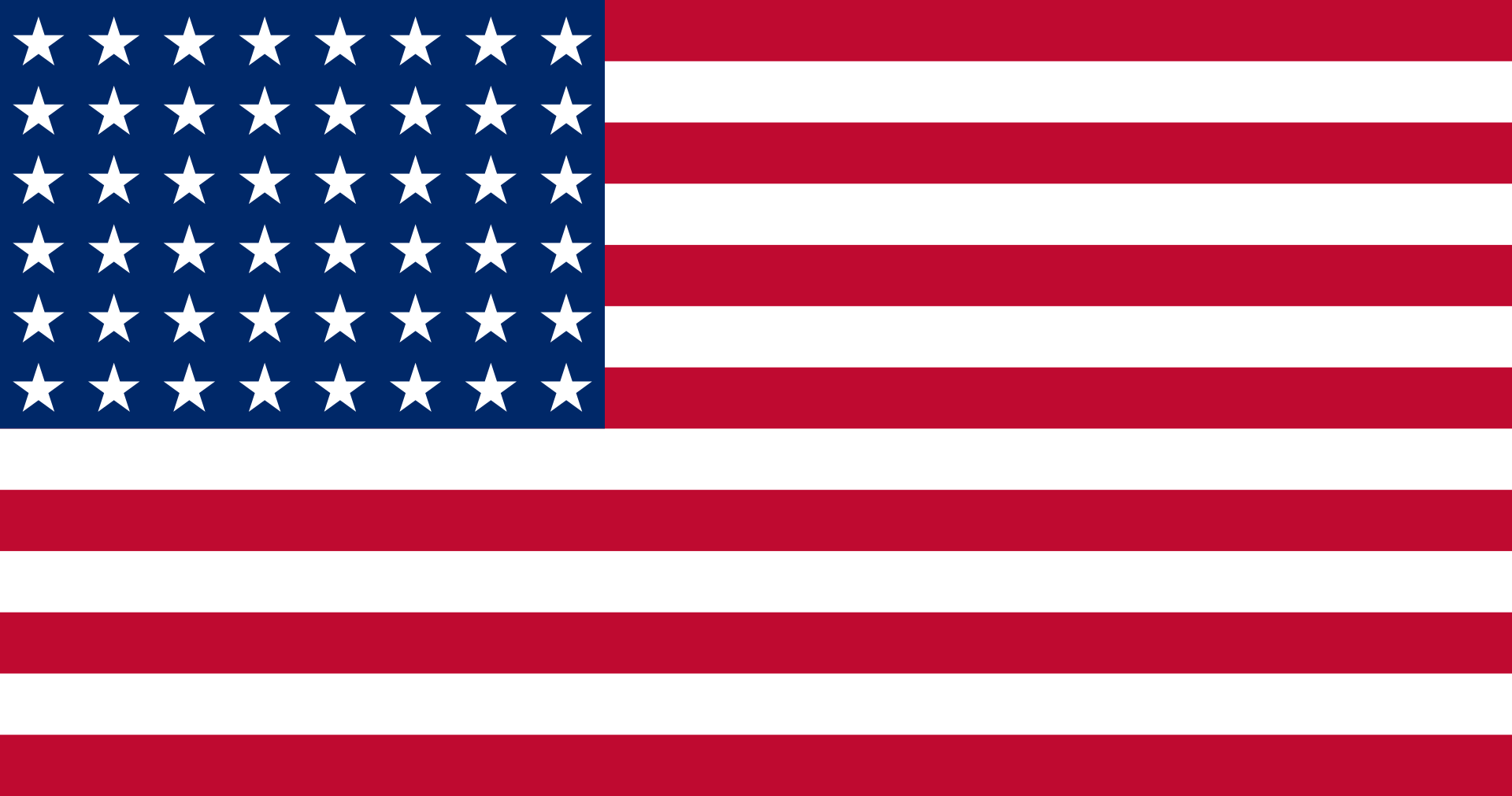Mobile Air Materiel Area
Operator Identification
United States of America
IATA/ICAO CODES: Nil
HEADQUARTERS: Brookley Field, AL
FORMER NAME: Mobile Air Technical Service Command
SUBSEQUENT NAME: Nil
Operator History
In July 1939, the USAAF decided to establish the Southeast Air Depot at Brookley Field, AL, an ideal place due to its waterfront location and flying-suitable weather conditions. The Depot served two purposes: a fighter overhaul and maintenance base, and an Air Material Command supplying USAAF bases around the world. To fulfill its mission, the USAAF built hangars, large warehouses, its own cargo plane fleet, and took advantage of the existing Arlington Point dock. The dock’s function was to allow ocean-going vessels to offload aircraft and transport them to the repair facilities within Brookley without using public roads.
During the war, the Depot, now redesignated the Mobile Air Depot, became Mobile’s largest employer, with about 17,000 skilled civilians capable of performing delicate work with fragile instruments and machinery. In 1944, the USAAF decided to take advantage of Brookley’s large, skilled workforce for the top-secret Ivory Soap project to hasten victory in the Pacific. The project required 24 large vessels to be re-modeled into Aircraft Repair and Maintenance Units that had to be able to accommodate B-29's, P-51's, R-4B's and amphibious vehicles. The Air Force delivered all 24 vessels to Mobile, AL in the spring of 1944 to start remodeling. Some 5,000 men underwent a complex training process that prepared them to rebuild the vessels and operate them once on the water. By the end of the year, the vessels departed Mobile. The military also used the Mobile Air Depot to repair and calibrate the Norden Bomb Sights in a secret facility at Brookley.
By the 1960's, what was now the Mobile Air Materiel Area (MOAMA) had nearly 13,000 employees. Rumors about closing Brookley AFB started to surface in the early 1960's. The Secretary of Defense announced its closure in 1964, widely believed to be President Lyndon Johnson’s retaliation for Alabama voting for his opponent Barry Goldwater in the 1964 presidential elections. When MOAMA was officially deactivated in July 1969, nearly 10% of the local workforce lost their jobs. This was the largest base closure in history.
Commando Operations
Mid 1950's*
Last edited: 16/01/2024

